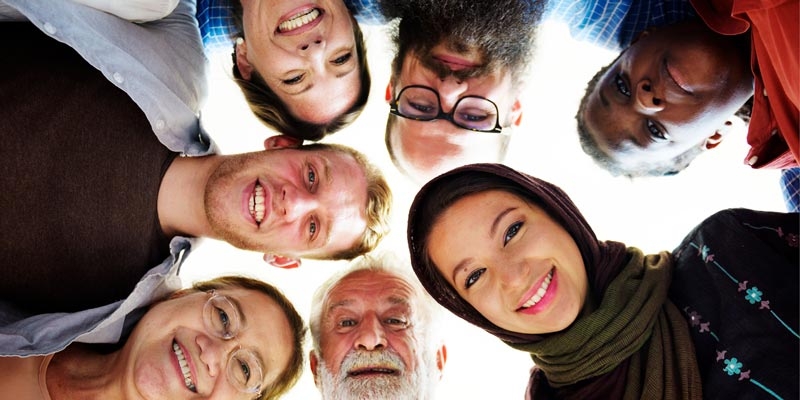The Human Freedom Index 2018

The Human Freedom Index is the most comprehensive freedom index so far created for a globally meaningful set of countries. The Index covers 162 countries for 2016, the most recent year for which sufficient data are available, and it includes three countries—Belarus, Iraq, and Sudan—that were added this year. The index ranks countries beginning in 2008, the earliest year for which a robust enough index could be produced.
On a scale of 0 to 10, where 10 represents more freedom, the average human freedom rating for 162 countries in 2016 was 6.89. Among countries included in this year’s and last year’s report, the level of freedom decreased slightly (−0.01) compared with 2015, with 63 countries increasing their ratings and 87 decreasing. Since 2008, the level of global freedom has also decreased slightly (−0.06), with 56 countries in the index increasing their ratings and 81 decreasing.
The jurisdictions that took the top 10 places, in order, were New Zealand, Switzerland, Hong Kong, Australia, Canada, the Netherlands and Denmark (tied in 6th place), Ireland and the United Kingdom (tied in 8th place), and Finland, Norway, and Taiwan (tied in 10th place). Selected countries rank as follows: Germany (13), the United States and Sweden (17), Republic of Korea (27), Japan (31), France and Chile (32), Italy (34), South Africa (63), Mexico (75), Kenya (82), Indonesia (85), Argentina and Turkey (tied in 107th place), India and Malaysia (tied in 110th place), United Arab Emirates (117), Russia (119), Nigeria (132), China (135), Pakistan (140), Zimbabwe (143), Saudi Arabia (146), Iran (153), Egypt (156), Iraq (159), Venezuela (161), and Syria (162).
Out of 10 regions, the highest levels of freedom are in North America (Canada and the United States), Western Europe, and Oceania. The lowest levels are in the Middle East and North Africa, sub-Saharan Africa, and South Asia. Women-specific freedoms, as measured by seven indicators in the index, are strongest in North America, Western Europe, and Eastern Europe and are least protected in the Middle East and North Africa, sub-Saharan Africa, and South Asia.
Countries in the top quartile of freedom enjoy a significantly higher average per capita income ($39,249) than those in other quartiles; the average per capita income in the least-free quartile is $12,026.
The Index also finds a strong relationship between human freedom and democracy. Hong Kong is an outlier in this regard. The findings in the HFI suggest that freedom plays an important role in human well-being, and they offer opportunities for further research into the complex ways in which freedom influences, and can be influenced by, political regimes, economic development, and the whole range of indicators of human well-being.
Authors:
More from this study
Subscribe to the Fraser Institute
Get the latest news from the Fraser Institute on the latest research studies, news and events.



